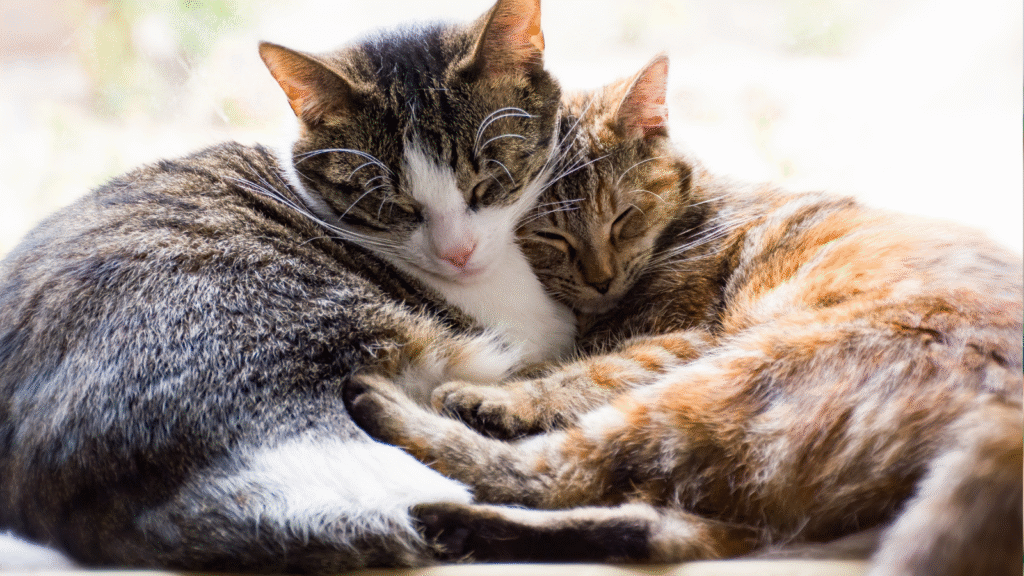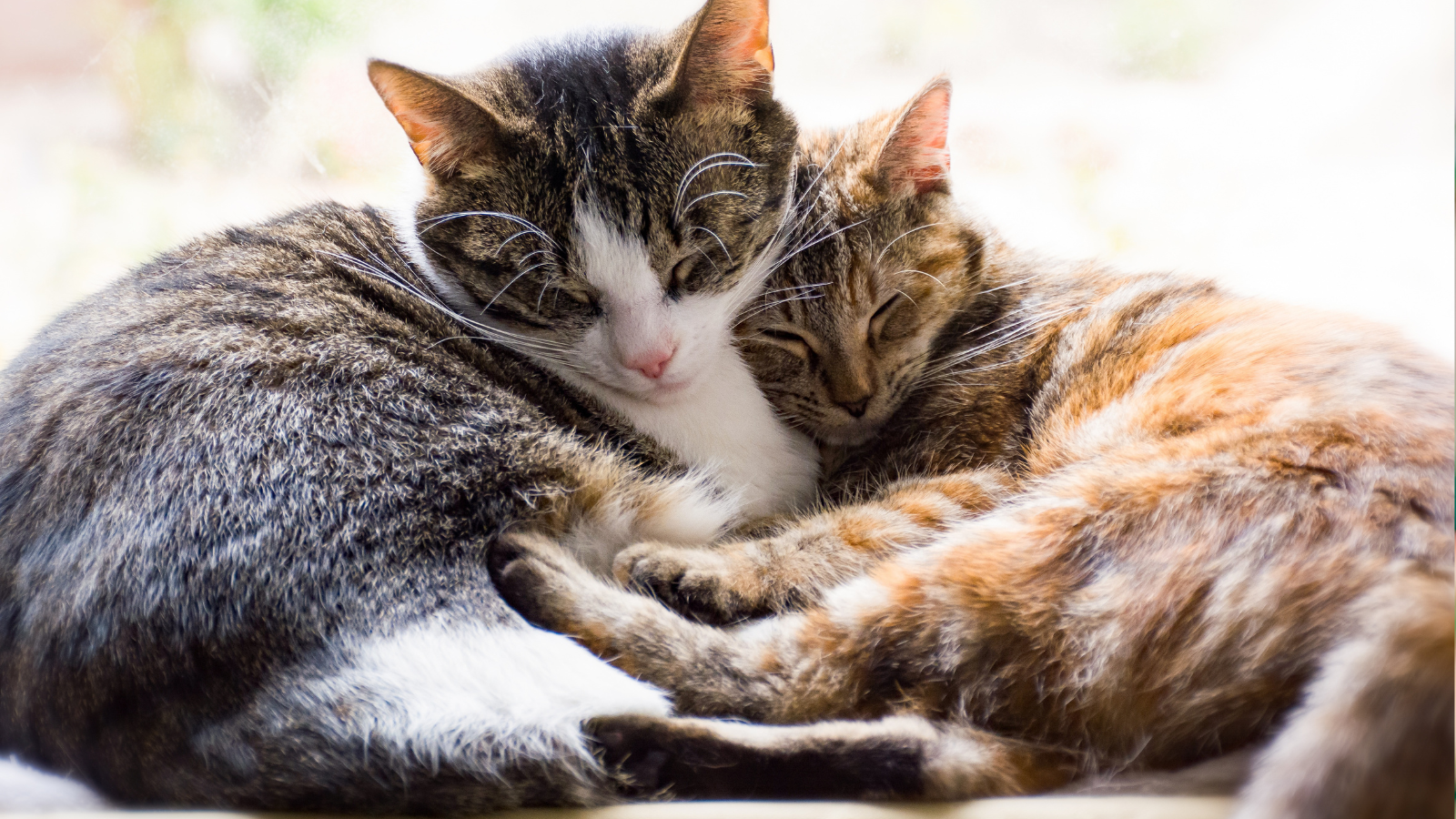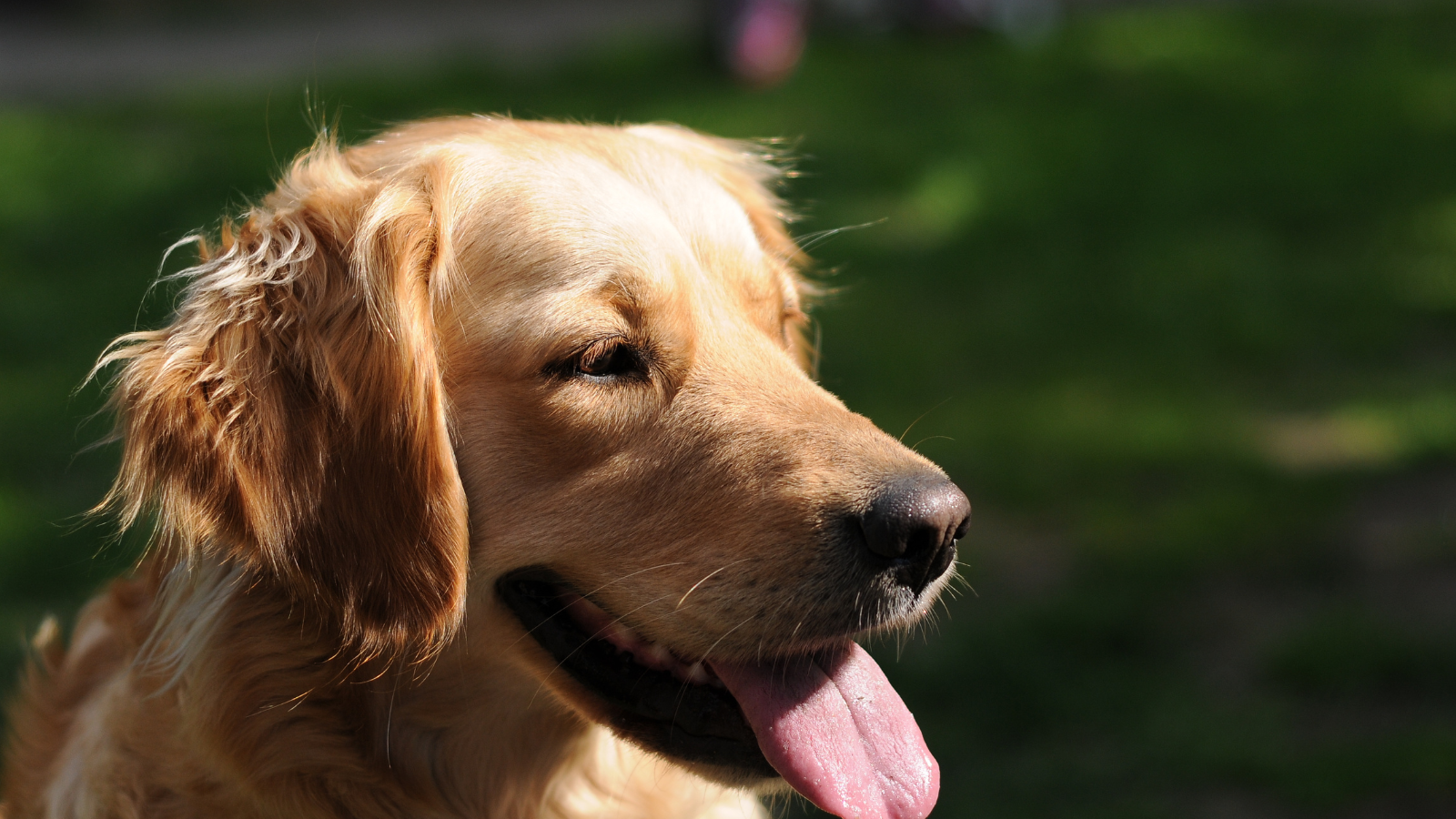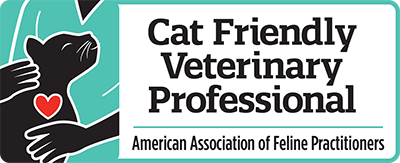Chubby cheeks and round bellies might look cute, but when it comes to your pet’s health, extra weight is anything but harmless. Our veterinary staff at Bay Animal Hospital has seen how pet obesity quietly opens the door to a range of chronic health issues, many of which can impact your pet’s quality of life and even shorten their lifespan. Here’s what every pet owner should know about the hidden dangers of pet obesity and how to take proactive steps.
How Obesity Affects Your Pet’s Health
Carrying extra weight places added strain on your pet’s body. Obesity in dogs and cats increases the risk of multiple long-term health conditions, such as:
- Arthritis
- Joint Pain
- Diabetes Mellitus (especially in overweight cats)
- Heart Disease
- Respiratory Problems
These conditions often develop slowly and go unnoticed until your pet’s behavior changes or discomfort becomes visible. When pets are overweight, it also becomes harder to detect other issues, like abdominal swelling, subtle limping, or skin infections in hidden folds. Those extra pounds on your animal companion can complicate anesthesia for surgeries or slow down recovery from illness or injury, too.
Joint Problems and Mobility Issues
One of the most prevalent issues with pets becoming obese is that the excess weight puts unnecessary pressure on your pet’s joints. This additional weight can lead to arthritis, hip dysplasia, and general pain with movement. Pain reduces your pet’s ability to stay active. It can lead to a vicious cycle of less movement and more weight gain, as well.
A veterinary weight management plan that includes low-impact exercises and joint-supportive nutrition can dramatically improve comfort and mobility.
Pet Obesity Prevention and Early Action
In order to prevent chronic diseases like diabetes or arthritis, the best option for your pet is to catch weight issues early. If your veterinarian tells you that your cat or dog is a little overweight during a wellness exam, take that diagnosis seriously and ask what you can do for your pet at home.
A veterinarian will be able to review your pet’s current diet (including treats) and suggest a safe plan, as simply cutting off some food could upset your companion’s digestive system or cut into their nutritional needs. The vet can give you safe exercise suggestions to try with your pet if they haven’t been very active. Perhaps most importantly, a veterinarian will be able to run diagnostics if they suspect a medical issue may be causing your pet to gain weight.
Guidance for Pet Obesity Weight Loss in Townsend, DE
Pet obesity is a health risk multiplier. If your pet has gained weight, you can help them get back to a healthy weight with the support of an experienced veterinarian. Bay Animal Hospital has pet weight loss consultations in Townsend for cats and dogs from Middletown, Smyrna, Townsend, and surrounding Delaware areas. Don’t let your precious animal companion keep gaining weight. Schedule a consultation at Bay Animal Hospital.








